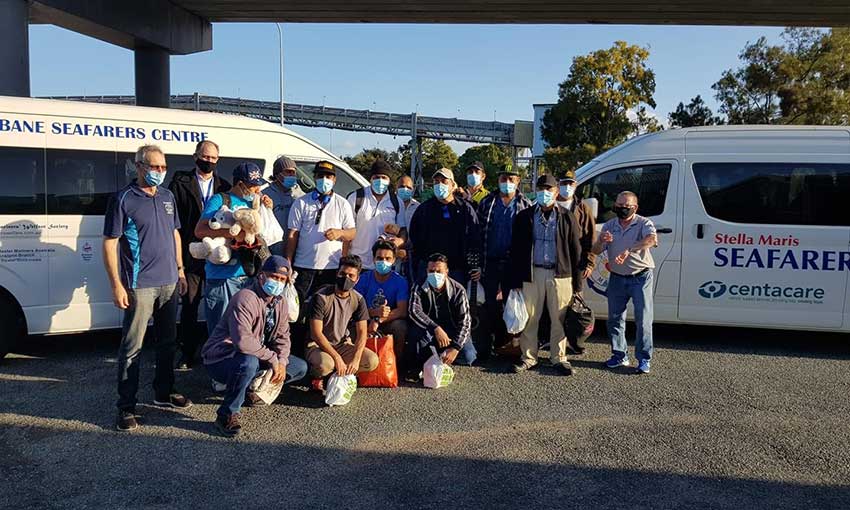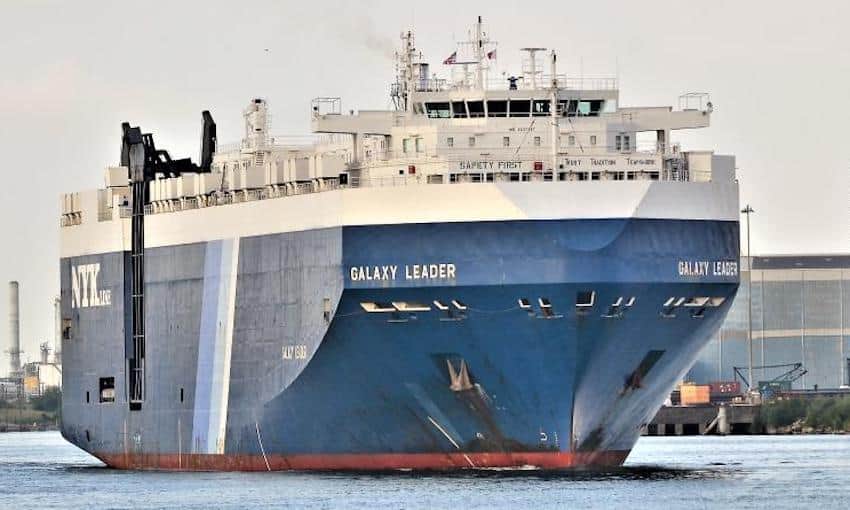KIRIBATI’S future in the maritime industry has been jeopardised by the collapse of a longstanding arrangement between their government and a consortium of German shipping companies.
The companies had partnered with the government to train and recruit seafarers from Kiribati, but crew change complications which displaced hundreds of their workers have rendered the partnership financially and logistically unsustainable.
The companies are currently paying the living expenses of more than 250 I-Kiribati seafarers who are unable to return home due to Kiribati’s travel restrictions.
The number of I-Kiribati seamen in Brisbane has grown from 31 to 39, with a crew having recently been transferred from Malaysia.
One hundred sixty-five I-Kiribati seafarers are in Fiji, some of whom were travelling home earlier in the pandemic, before their journey was cut short by border closures.
Twenty seafarers are in Germany, 12 in South Korea, 12 in Indonesia, and a small group of approximately four in Spain.
If the situation does not improve by December this year, the shipping companies said they would formally terminate the agreement and cease to employ workers from the island nation.
Brisbane crew spokesperson Bwerentetaake “Johnny” Toanuea said seafarers who are currently in Kiribati are travelling from their respective islands to the main island of Tarawa to meet together and discuss a strategy to encourage a response from the government.
“If they all agree to take action, then they will plan for the best day to walk directly to the House of Parliament,” Mr Toanuea said.
“The march [will] be done by the seafarers back home along with their families, all the seafarers’ colleagues, and all the people who support the seafarers working globally,” he said.
If the plan to approach parliament is confirmed, the crewmembers who are still overseas will participate by encouraging their colleagues and families.
“All the stranded seafarers around the globe will try their very best to give support by sending their voice to be heard and seen by many back home,” Mr Toanuea said.
“They will inform their families who are still waiting a long time for them to join the march to give support,” he said.
“[The families] are the ones who also suffer in one way or another from seafarers losing their jobs on international foreign-going vessels.”
Engine worker Ang George said he hopes the situation can improve quickly so shipping companies may change their minds and renew their agreement, to give Kiribati’s future seafarers a chance to work in the industry.
“I work on boats to serve my country and to work for my family,” Mr George said.
“I want to stay in the engine department to improve my knowledge about the engine … but I want to work in the shipping company because this is my opportunity to get more chances for my education,” he said.
“I’m not sure if [the company] will renew their agreement with the government of Kiribati or not, but for me, I wish to continue my work with the company because I like it.”





